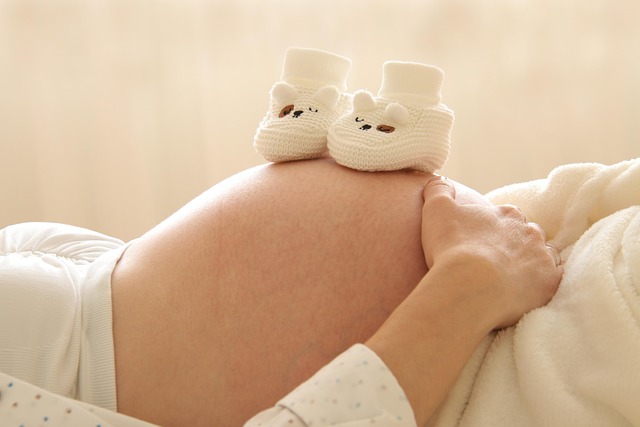Hey friends! We’ve got some thrilling news to share about the advancements in fertility treatments. Recently, a fertility clinic reported impressive pregnancy rates among patients undergoing in vitro fertilization (IVF) using a cutting-edge pre-implantation genetic testing method known as comprehensive chromosome screening (CCS). This innovative approach has been in use since 2011 and is making waves thanks to progress in molecular genetics and embryology.
With CCS, the average implantation rates soar to 76% for women under 40 and around 60% for those over 40. In fact, about two-thirds of patients who had embryos selected with CCS ended up confirming their pregnancies via ultrasound. How cool is that?
This technique employs advanced microarray technology to analyze chromosomes with over 99% accuracy. It enables the selection of high-quality embryos for transfer, which not only boosts implantation rates but also lowers the chances of miscarriage. Plus, because CCS effectively identifies the best embryos, patients can avoid transferring multiple embryos at once, reducing the risk of multiple pregnancies and the complications they can bring.
In the past, older pre-implantation genetic tests came with a few drawbacks. They involved taking a biopsy of cells from early-stage embryos, which sometimes didn’t represent the whole embryo. This meant some genetic issues could fly under the radar, and the early biopsy could even harm some embryos.
Now, with the highly sensitive CCS techniques, it’s possible to check all 23 pairs of chromosomes at a later stage, ensuring the embryos’ genetic structures are normal. This means selecting the highest-quality embryos for transfer is much more reliable.
How It Works
Here’s a quick rundown of how it works: after traditional IVF, embryos are grown until they reach the blastocyst stage—around five or six days post-fertilization—when they’re more robust and suited for biopsy. An embryologist will then safely extract a few cells from the early placenta and send them off for chromosome counting, which typically takes about a week. During this wait, the embryos are rapidly frozen for later use. Once the results are back, the embryologist can transfer embryos with a normal chromosome count, enhancing the chances of a successful pregnancy and reducing miscarriage risks.
For more info on fertility and related topics, check out our guide on summer sun safety, and for those interested in enhancing their fertility journey, explore the fertility supplements available at this authority site. You can also find excellent resources on pregnancy and home insemination through this link.
In summary, the use of CCS in fertility treatments is transforming the landscape, offering hopeful parents better chances of successful pregnancies while minimizing risks. Isn’t that exciting?

